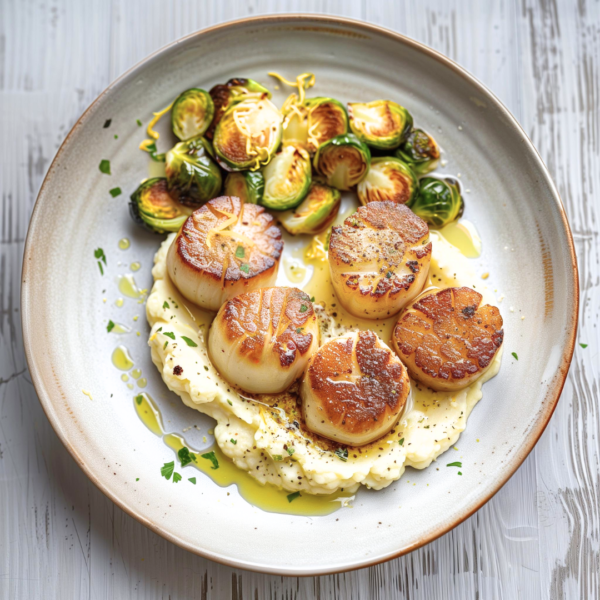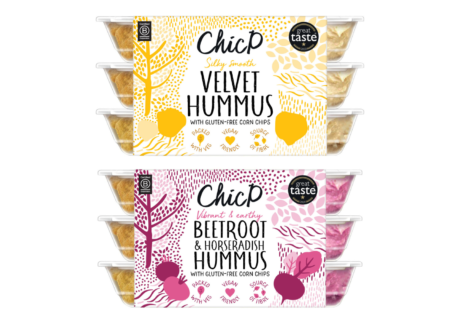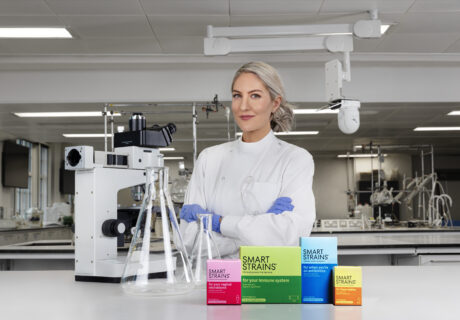Following the launch of Food For The Brain Foundation’s Upgrade Your Brain Cook App, nutritionist and chef Kim Close chats with Charlee Singleton about the importance of nutrition when it comes to dementia-proofing your brain, and how the Foundation’s new app is helping people along in their brain health journey.
What inspired the creation of the “Upgrade Your Brain” app?
The “Upgrade Your Brain” app was born out of a desire to make the connection between nutrition, great-tasting food and cognitive health accessible and practical for everyone. At Food for the Brain, we’ve seen how small dietary changes can significantly improve mental clarity, focus and overall brain health. The app bridges the gap between science and the kitchen, providing users with the tools to make informed food choices that truly nourish the brain.
How did you decide which recipes to include, and what criteria did they need to meet to be considered “brain-boosting”?
Each recipe was carefully curated to align with research on brain health. The focus was on nutrient-dense ingredients rich in omega-3 fats, B vitamins, antioxidants, and foods with a low glycaemic load. We aimed to create dishes that are not only nourishing but also practical, delicious, and suitable for a wide range of dietary preferences. Every recipe includes a clear explanation of its cognitive benefits to help users understand how it supports brain function.
How do you envision this app being used by individuals and families in their daily lives?
We designed the app to be a go-to resource for meal inspiration and planning. Individuals can use it to plan and create personalised weekly menus that fit their health goals, while families can explore recipes together, making brain health a shared priority. The scoring system helps users make informed decisions, turning every meal into an opportunity to support cognitive well-being. Whether it’s for a quick breakfast or a family dinner, the app is a practical guide for everyday life.
For people new to brain health-focused nutrition, what small dietary shifts would you suggest starting with?
Start by including more brain-healthy fats like those found in oily fish, nuts, and seeds. Reducing refined sugar and opting for low glycaemic load carbohydrates can also make a big difference in stabilizing energy and focus. Incorporating leafy greens, berries, and foods rich in B vitamins, such as eggs and legumes, is another excellent step. Small, consistent changes are key to creating lasting impact – this is key – we really want any lifestyle and dietary changes to be achievable and sustainable in the long term
Can you share a success story where dietary changes significantly impacted someone’s cognitive health?
One memorable story involves a woman in her early 60s who was struggling with memory lapses and difficulty concentrating. She also felt her general health had suffered as a result of chemotherapy treatment. After following our brain-healthy dietary guidelines – focusing on omega-3s, low glycemic load meals, and B-vitamin-rich foods – she reported feeling sharper, more energetic, and confident in her day-to-day life. She also, incidentally, lost 5 kg! Seeing how these changes empowered her was incredibly rewarding and highlights the power of nutrition in supporting cognitive health.
What’s your go-to brain-boosting snack when you’re busy?
I love simple, homemade hummus and crudites because you can use almost any veg you have to hand and you are getting great flavour and nutrition benefits, too. Win-win!
Were there any “must-have” recipes you felt passionate about including, and what’s the story behind them?
Two recipes have a special place for me: The Zingy Chickpea Salad is a riot of flavours, textures, seeds, nuts, herbs and chickpeas. Chickpeas are so versatile! It has a fab dressing and yet is robust enough to be packed to go: it will do duty as a supper, packed lunch or even a picnic! The recipe for Seared Scallops with Cauliflower Puree and Roasted Brussels Sprouts is a restaurant quality feast yet is quick and easy to make. I love taking local, seasonal food and creating a showstopper of a recipe – this dish is a delicious mid-week supper but is elegant enough to do justice to a dinner party table.

Find out more about the Upgrade Your Brain App here.
ABOUT KIM CLOSE
Kim Close is Head of COGNITION at Food for the Brain charity. She is also a freelance lecturer in Culinary Nutrition, a chef, nutritionist, recipe development consultant and food writer.
She holds a range of qualifications in Psychology (BSc 1st Class Hons), Counselling and Teaching (PGCFHE), with 15 years experience in teaching and lecturing. She studied Dietary Counselling with the Institute of Health Sciences in Dublin and holds a Diploma in Nutritional Therapy.
Kim is passionate about sharing the work that Food for The Brain is doing and truly believes that brain-healthy food can and should look and taste fantastic!





